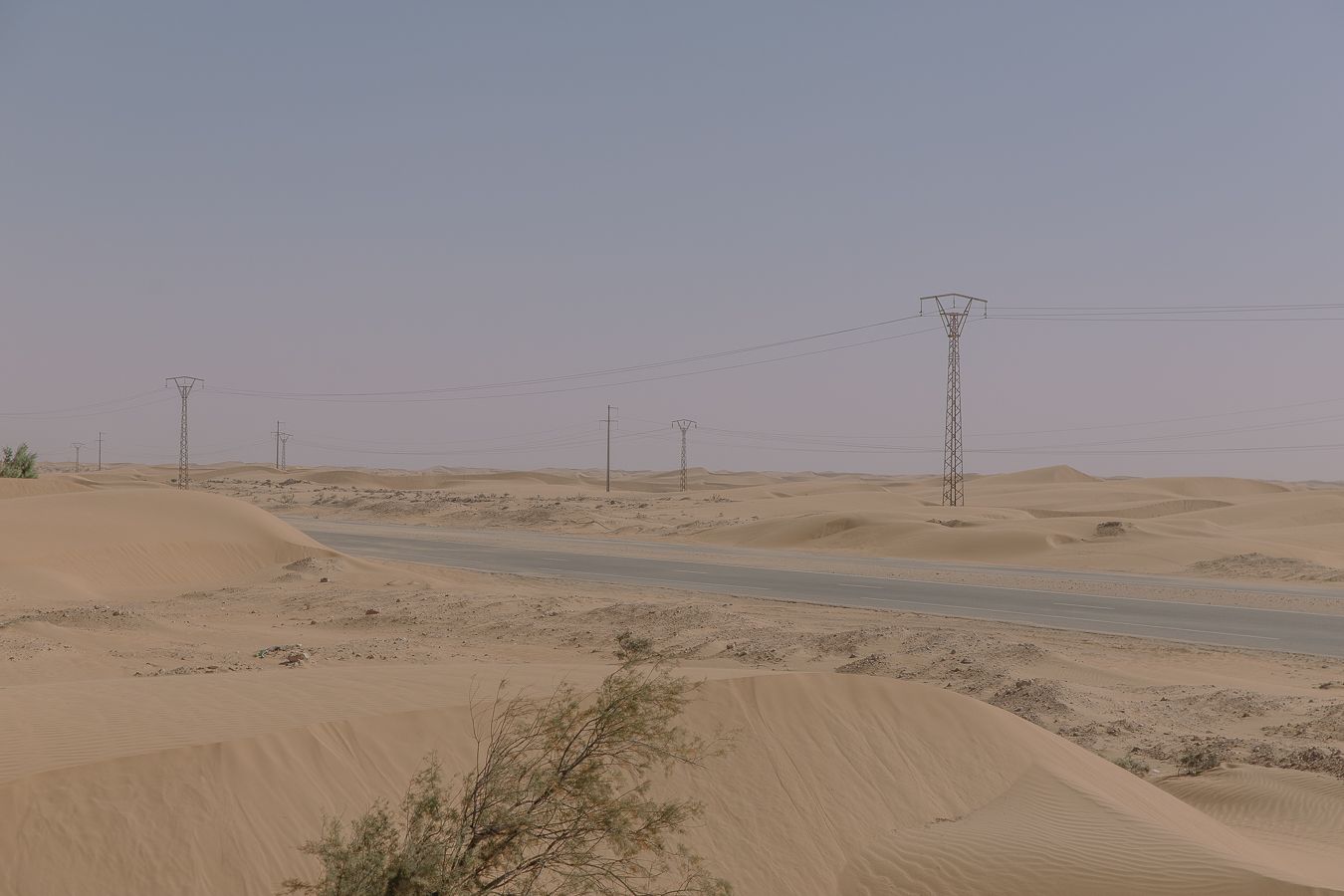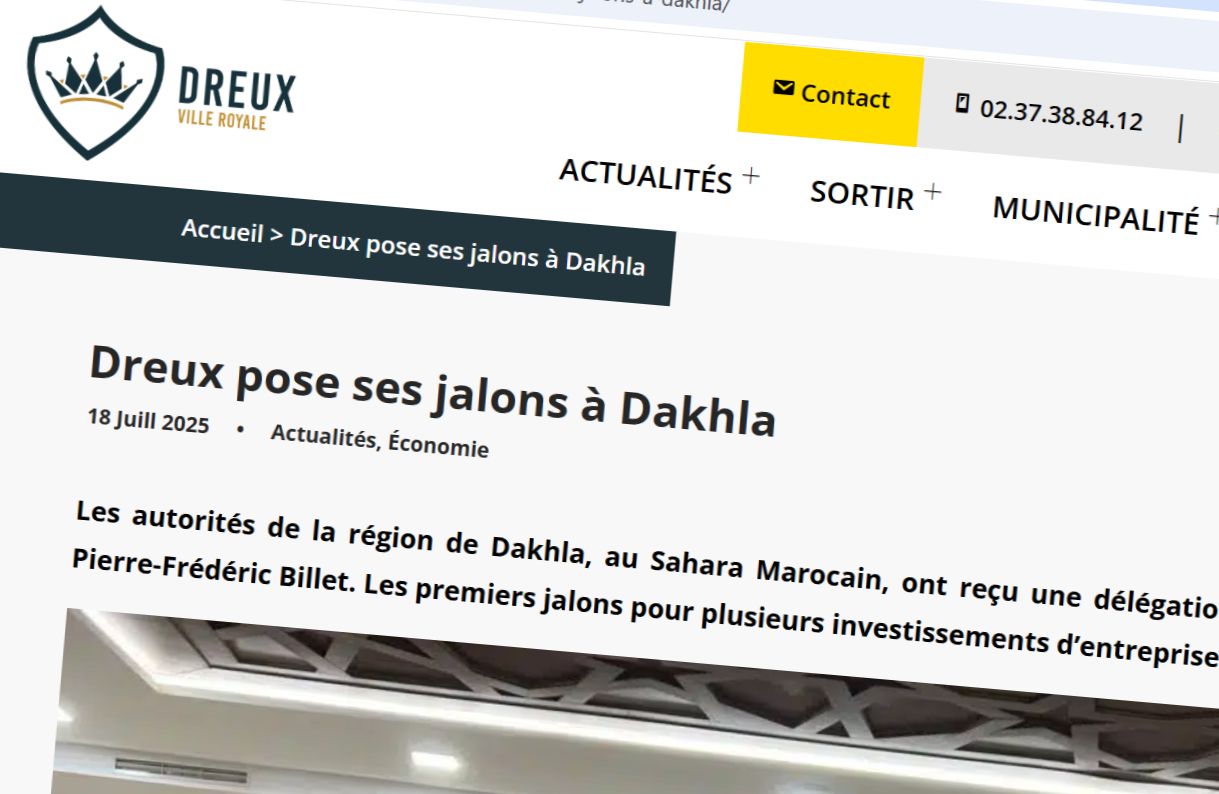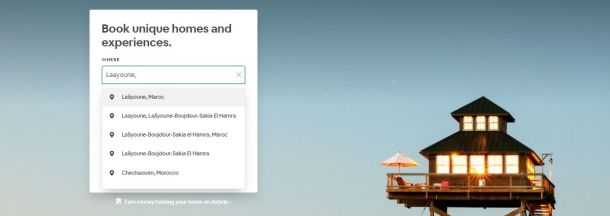
The long-promised Bitcoin wind farm in occupied Western Sahara has seemingly come to a complete standstill.
In 2018, headlines announced that a massive wind-powered data centre for blockchain computing - combining renewable energy with next-generation finance - was about to rise from the sands near Dakhla, in occupied Western Sahara.
The project, led by U.S.-based Soluna Technologies and backed by private equity firm Brookstone Partners, had partnered with the Moroccan state to develop a 900 MW wind farm, dubbed “Harmattan Wind.” Launched with great fanfare, the developers demonstrated a complete disregard for the rights of the Saharawi people, who live under Morocco’s illegal and brutal occupation.
The certification company DNV GL pulled out from the project over the controversy.
Since then, however, the once-heavily promoted initiative has gone remarkably quiet.
A seemingly outdated page on the Moroccan Ministry for Energy Transition’s website still claims that the first 100 MW of the planned 900 MW capacity would be commissioned by 2023. Yet that milestone has clearly come and gone with no sign of progress.
The Moroccan government’s Regional Centre for Investment Dakhla - Oued Eddahab continues to portray the project as fully active. Their website [or download] presents the wind farm as a strategic, high-profile investment: a 900 MW installation developed by Soluna via its local subsidiary, A.M. Wind, intended to power a blockchain data centre. The stated investment stands at 5.6 billion MAD (approx. €500 million).
According to the site, “private state domain” has already been allocated to the project, 45 kilometres northeast of Dakhla, near the N1 road. The wind farm would span two large zones. The “northern slice,” covering 6,656 hectares, is defined by coordinates between 24°03’30”N and 24°10’00”N, and between 15°30’13”W and 15°25’14”W. Eight kilometres further south lies the 4,657-hectare “southern tranche,” between 23°57’50”N and 24°02’50”N and 15°37’36”W and 15°39’54”W. In total, the site is planned to host 180 wind turbines.
It is not known to Western Sahara Resource Watch (WSRW) why both fields - primarily the southern field - are overlapping the waters of Western Sahara, according to these coordinates. There are no references in any public sources that the controversial windpark is partially offshore. The above map is made by WSRW based on the geolocations cited by the Moroccan authorities.
The first 350 MW tranche, according to the investment centre, is expected to be built within three years of receiving the necessary permits.
But on the ground, none of that has materialised. No construction has begun. No turbines have been installed. No data centre exists. What was billed as Morocco’s - and Africa’s - first large-scale green blockchain computing facility remains entirely theoretical.
Morocco’s Narrative vs. Soluna’s Reality
While the Moroccan government continues to showcase the project as an economic and technological success story, Soluna’s financial situation paints a different picture.
Soluna Technologies, the company originally behind the project, has undergone major restructuring. In 2021, it spun off its energy development arm under a new name, Harmattan Energy, distancing it from its publicly traded U.S. affiliate, Soluna Holdings, Inc. Harmattan Energy retained control of the Dakhla wind farm.
Since then, Soluna Holdings has entered a steady financial decline. In 2023, Le Desk reported that the firm's market valuation had plummeted from over $200 million to below $5 million. In May 2025, Nasdaq formally warned the company it was at risk of delisting, having failed to maintain the $1 minimum share price for more than 30 consecutive trading days. Soluna now faces a deadline of November 2025 to regain compliance or face removal from the exchange.
The company’s collapse seemingly follows years of financial mismanagement and overreach. A 2020 investigation by Le Desk described Soluna’s fundraising tactics as resembling “a Ponzi scheme”. It reportedly misrepresented its regulatory status in Morocco in order to secure early investments, claiming approvals from Rabat that, at the time, had not been granted.
By 2020, Soluna had amassed nearly $1 million in unpaid debts to consultants, legal firms, and contractors, including $150,000 owed to former U.S. Ambassador Dwight L. Bush for lobbying work. Financial records also revealed that key commitments to its early project partners that had not yet been honoured. German firm Altus AG, which originally developed the site through its subsidiary A.M. Wind, was still owed €200,000, with an additional €8 million in milestone payments outstanding.
Soluna's financial troubles do not automatically reflect on Harmattan Energy's financial condition. Harmattan Energy is a private company, and as such, no financial disclosures are publicly available. But it has no website, has provided no updates since 2021, and has not issued any investor or project status reports.
Despite these red flags, the Moroccan authorities continue to list the Dakhla wind farm among their flagship projects. Yet there is no indication that any of the listed milestones - from investment disbursements to actual construction - have been met, or even initiated. Neither Harmattan Energy nor Soluna Holdings has provided a public update on the project in over two years.
Why the Silence?
The Moroccan government’s insistence on promoting the Dakhla project, despite mounting evidence that it is at the very least stalled, likely has more to do with politics than economics.
The planned wind farm is located in Western Sahara; a territory recognised by the United Nations as non-self-governing, pending the conclusion of a decolonisation process. Morocco’s claims of sovereignty over the territory have been rejected by the International Court of Justice and the Court of Justice of the European Union. The Saharawi people, represented by the Polisario Front, have not consented to this or any other Moroccan-led infrastructure project in their territory.
Under international law, the resources of non-self-governing territories cannot be exploited without the consent of the people of the territory. Any infrastructure project in Western Sahara that proceeds without this consent risks further entrenching Morocco’s illegal occupation and violating international legal norms.
In recent years, Rabat has increasingly used green energy initiatives - solar farms, wind projects, green hydrogen plans - to portray its untenable control over Western Sahara as progressive and forward-looking. But such investments serve only to normalise the occupation and complicate efforts to reach a just and lasting resolution through the UN peace process.
Moving Forward Requires Accountability
“If the Moroccan government, Soluna, Harmattan Energy or any future investor intends to proceed with the Dakhla project, they must first meet a fundamental legal and ethical condition: obtaining the consent of the Saharawi people. They must also disclose the full financial, legal, and regulatory status of the project and commit to international norms pertaining to non-self-governing territories”, says Sara Eyckmans from Western Sahara Resource Watch. “Until then, the Bitcoin farm of Dakhla appears to remain a mirage: a cautionary tale of greenwashing and propping up an occupation.”
Since you're here....
WSRW’s work is being read and used more than ever. We work totally independently and to a large extent voluntarily. Our work takes time, dedication and diligence. But we do it because we believe it matters – and we hope you do too. We look for more monthly donors to support our work. If you'd like to contribute to our work – 3€, 5€, 8€ monthly… what you can spare – the future of WSRW would be much more secure. You can set up a monthly donation to WSRW quickly here.
Morocco pushes enormous green hydrogen plans in occupied Western Sahara
The Moroccan government has confirmed several green hydrogen projects totalling 20 GW of renewables and up to 8 million tonnes of derivatives - many planned in occupied Western Sahara.
French publicly-owned firm plans energy project in occupied Western Sahara
The French town of Dreux considers ignoring a ruling in the French courts and to engage with a controversial energy operation in occupied Western Sahara.
Airbnb places occupied Western Sahara within Morocco
The global match-maker of private accommodation has delisted providers in Israeli settlements and Crimea, but seem to apply different standards to similar situations of occupation. Saharawis object.
General Electric pulls out of contentious tender
The American company General Electric has communicated to WSRW that they are no longer participating in the tender to construct two wind farms in occupied Western Sahara.



